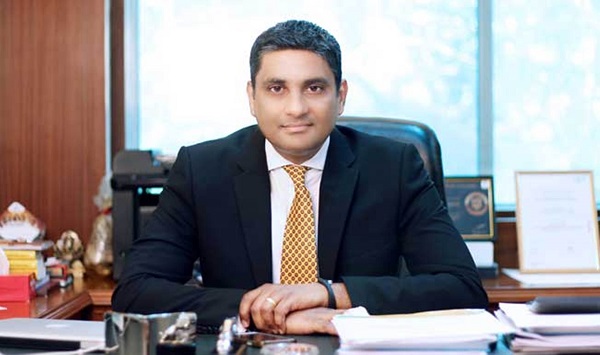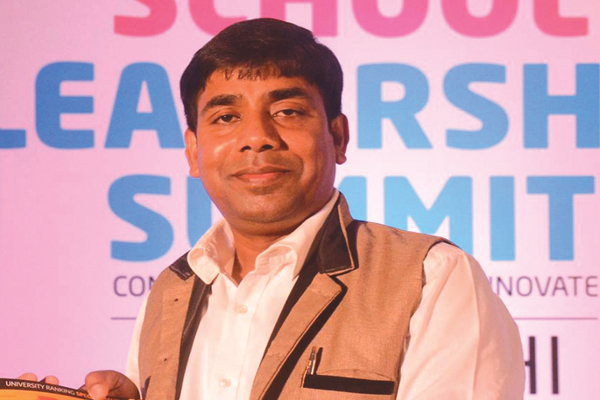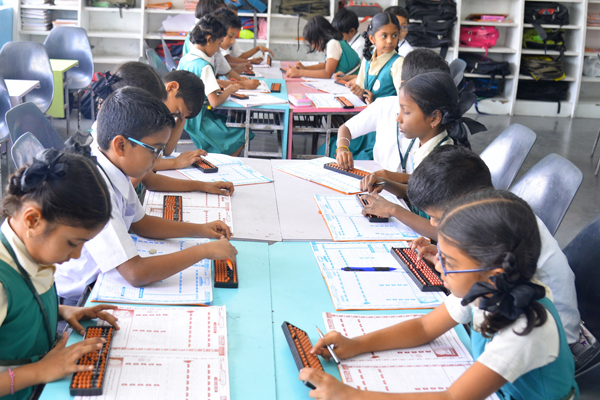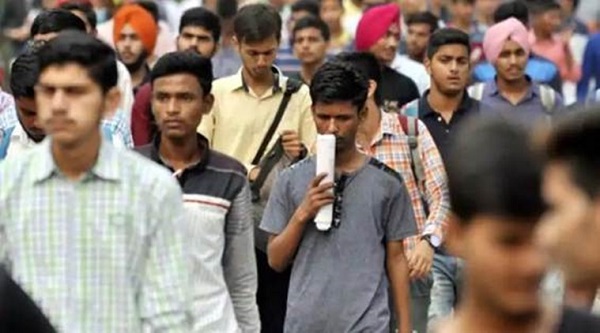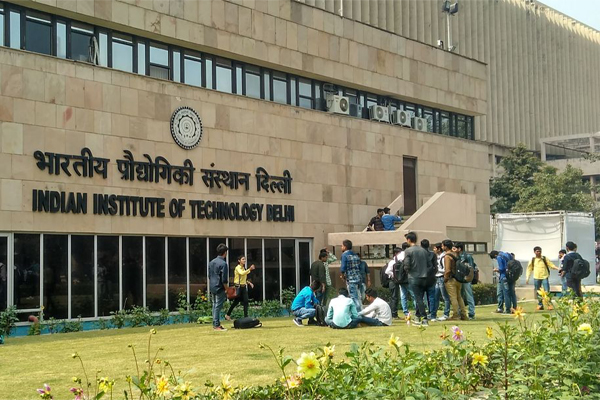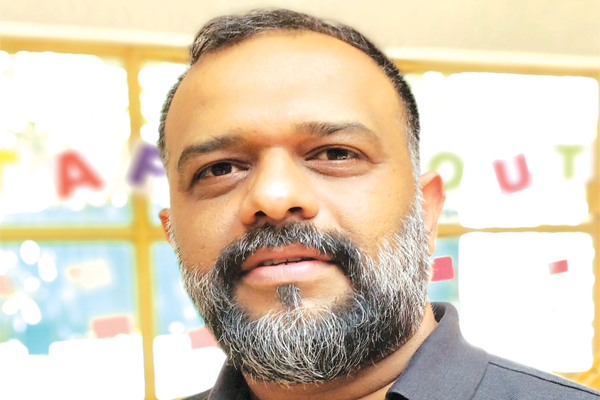The next generation of students thinks, behaves and learns differently as they have been born and raised in the technology-immersed environment. Thus, it becomes significant for the educators to focus on creating student-centric curricula to cater to the interests and preferences of Gen Z learners and involving them as active participants, writes Rumani Arora of Elets News Network (ENN).
Do you remember a 2014 advertisement where a newborn baby cuts his umbilical cord on his own, seconds after coming out of his mother’s womb, simply by learning it from the Internet? No matter how exaggerated it came across then, in present times we are metaphorically moving towards that era where children see technology right after they open their eyes in the world. The impact of technology has become so huge and intermediating that our present generation is living and breathing it.
 Dubbed as Gen Z, the next generation of students thinks, behave and learn differently, because they have been born and raised in the technology-immersed environment. It will not be inappropriate to say that members of Generation Z are predominantly digital natives.
Dubbed as Gen Z, the next generation of students thinks, behave and learn differently, because they have been born and raised in the technology-immersed environment. It will not be inappropriate to say that members of Generation Z are predominantly digital natives.
And to educate this league of students effectively, it becomes significant for the educators to focus on creating environments and curricula that are student-centred, matching up to the interests and preferences of Gen Z learners and involving them as active participants. On the whole, technology should be intertwined in such a manner that it becomes an enabler in educating Gen Z.
Sharing his views on the same, Shreevats Jaipuria, Vice Chairman, Seth M R Jaipuria Schools and Jaipuria Institute of Management, said, “Technology is medium of communication and learning like not an independent skill in today’s world. The use of technology has to be integrated into every subject through things like using the internet as a tool for research, online submissions, online testing, making presentations etc. Educators both teachers and parents need to be comfortable with technology and excited not scared of its unlimited potential to leverage technology to the fullest extent”.
At present, many collaboration technologies including digital projectors, interactive whiteboards and associated mobile device apps are making it smoother to create engaging and interactive experiences for the students.
Chithung Mary Thomas, Secretary, Board of Secondary Education, Manipur, said, “Born in the ecology of technology Gen Zers are technology-fluent digital natives. They are a highly informed lot who are likely to be highly independent and competitive. Learning is fully self-directed and autonomous to highlight their best talents. Investments, therefore, ought to be in technology so that experiences are seamless and integrated. Method of learning should move from structured auditory method to visual hands-on method. Connected classrooms with multiple digital platforms will be the norm to acquire problem-solving skills and peer-to-peer learning”.
Interestingly, Gen Z learners don’t see technology as a tool; they see it as a regular part of life. And this phenomenon can be leveraged by the educators to cater to the ever-changing educational needs of students.
Speaking on the topic, Ryan Pinto, CEO, Ryan International Group of Institution, underlined the ever-growing role of technology and shared how Ryan Group is recognising technology as a regular part of Gen Z’s lives – as well as the world they live in.
“Smartboards and video in classroom are widespread. Flipped classrooms are used in secondary and high school. We have Computer labs in all our schools. BYOD – Bring Your Own Device – is a practice encouraged where appropriate. Parents are kept abreast of school progress, assignments and report cards using the Ryan Parent App. Partnerships with Plato (personalised learning app) and Tata Class Edge promise much in terms of teacher support and content management. We have also collaborated with leaders in the tech space like Microsoft and Google to implement ed-tech solutions to enhance learning outcomes,” he shared.
However, we must not overlook the fact that there are certain disadvantages of overuse of technology. Generation Z finds it more challenging to pay attention for long periods due to constant technology use. Thus, the role of educators becomes crucial in terms of dealing with the issue while also preparing students to use technology in the real world.
Sharing her view on this, Sneha Rathor, CEO Academics & Innovations, Sanfort Group of Schools, said, “Don’t take away or restrict technology from generation Z but enable them with the right kind of technology as it is a crucial part of their life. Raising a tech generation it becomes important for the educators also to make technology as an important part of education, as it enables bagless and research-based learning. Moreover introducing technology with the right amount of screen time in the early years also helps in developing hand and eye coordination, increased retention power and language skills”.
There are some simple steps that educators can take at their disposal such as – use technology to make learning more personal, teach digital natives to use technology responsibly, encourage students to take initiatives in their own learning and promote social skills, which can aid iGen learners to get the best of both technology and education. Teachers must increase cooperative learning in their classrooms while also preparing students for their futures by promoting social skills they may need for their careers.










